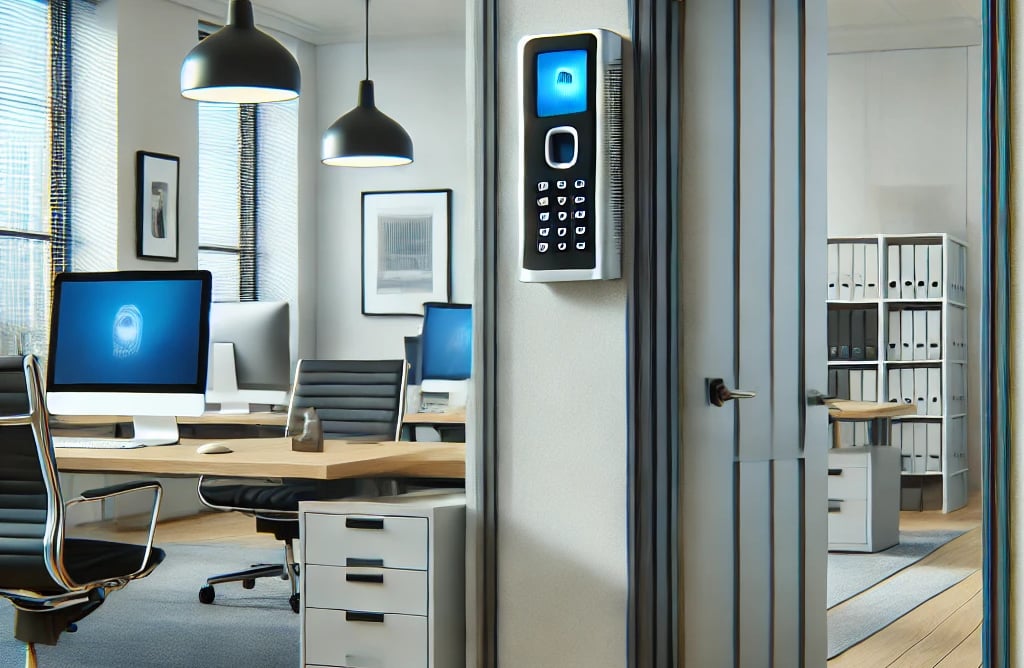Biometric Timekeeping: Unlocking the Future of Work
Discover how biometric timekeeping enhances workplace efficiency and security. Explore innovative time tracking solutions that redefine employee management and ensure accurate attendance records.
3/2/20252 min read


Introduction to Biometric Timekeeping
In a world that values efficiency and accuracy, biometric timekeeping is rapidly becoming a staple in workplaces everywhere. This technology leverages unique biological traits such as fingerprints, facial recognition, or even iris scans to track employee attendance and working hours. Gone are the days of manual clock-ins; the future of timekeeping is here, and it's all about biometric solutions that enhance both security and efficiency in the workplace.
Why Businesses Are Embracing Biometric Systems
There are a plethora of reasons why businesses are shifting towards adopting biometric timekeeping systems. One of the primary advantages is the significant reduction of time theft. Traditional methods of timekeeping, like punch cards and manual logs, are prone to buddy punching where one employee clocks in for another. Biometric systems eliminate this issue entirely, as they require the physical presence of the employee for clocking in or out.
Moreover, these systems streamline payroll processing. By automatically recording exact working hours, HR departments can reduce the likelihood of clerical errors, ensuring that employees get paid accurately and on time. This level of precision not only boosts employee morale but also instills a sense of trust and transparency within the organization.
Challenges and Considerations in Implementation
Despite the numerous benefits, transitioning to biometric timekeeping isn't without its challenges. Privacy concerns are at the forefront for both employers and employees. Companies must ensure that they are compliant with local labor laws and data protection regulations when collecting biometric information. Communication is key here; educating employees on how their data will be used and safeguarded can alleviate fears surrounding privacy.
Another consideration is the initial investment costs. Biometric systems can require a hefty upfront cost for installation and ongoing maintenance. However, companies should view this as a long-term investment that can lead to substantial savings on payroll inaccuracies and time theft issues.
In conclusion, the role of biometric timekeeping in today's workplace is undeniable. With its ability to enhance security, foster trust, and streamline processes, it presents a significant advancement in workforce management technology. As we continue to adapt and evolve in this fast-paced world, embracing innovative solutions like biometric systems offers an exciting glimpse into a more efficient and secure future for workplaces everywhere.
